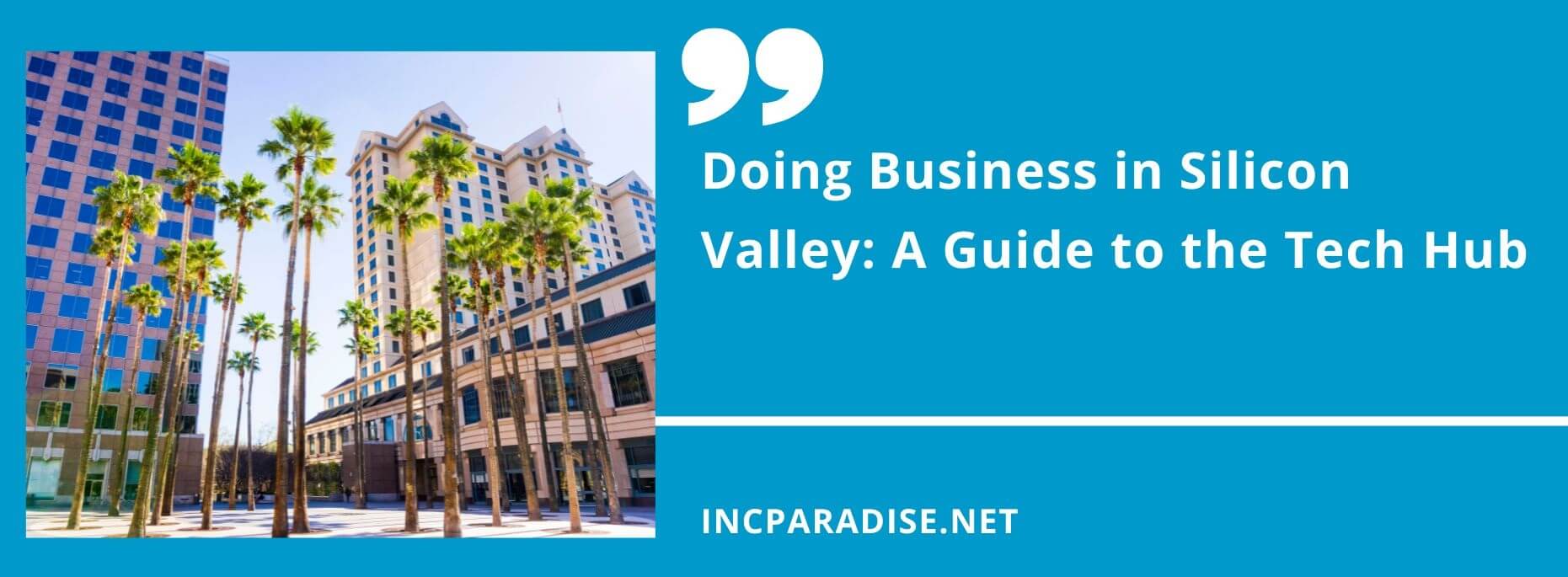In between all the things that get into establishing a new company, something that most people overlook is the protection of its intellectual property. This is the most valuable and fundamental aspects of a company. And even though this is something that is important and needs to be considered, for the protection of the Intellectual Property of a startup can feel highly expensive when kept in mind the limited resources that the company has.
What is Intellectual Property or IP?
Before you can decide what to do with your startup resources and if the IP is something that needs protection, the first thing you need to ask yourself is – what is IP exactly? After that, you need to ask if your business has any “intellectual property” that is worth protecting and can be protected.

The WIPO, which is the World Intellectual Property Organization called the “intellectual property” as the “creations of the mind, like the discoveries or inventions: names, symbols, and images used in commerce; designs; and literary and artistic works.” This might comprise the brand of your business, any patentable processes, its logo, the company’s name or the designs used in the company that would allow your business to gain financial advantage or recognition from what it creates or invents.
Basically, there are three principal methods for protecting the intellectual property of a new company: (1) copyrights, (2) trademarks, and (3) patents.
They have been explained below in details:
Copyright
The copyrights protection is provided to “original works of authorship.” This means that it is given to that company or person who created it before it came into the world. The copyrightable works comprise the architectural practices, games, motion pictures, sculptures, graphics, pictorial works, choreography, plays, music, literature, and at times, software.
The copyrights protection comprise of the right to perform, distribute, and reproduce the copyrighted work publicly. The copyright comes up automatically as soon as an authorized person creates some work. However, for the person can sue someone else for the copyright infringement, they would have to get the copyright registered with the U.S. Copyright Office.
Trademark
A trademark is the things of a company that helps to recognize the brand like the slogan of the company (I’m lovin’ it.), the name (McDonald’s), and the logo (the “golden arches”). These things assist in associating a certain service or product with a particular company. The owner of the trademark can protect their trademark globally by having it registered with the WIPO, and in the U.S. by registering that with the USPTO.
So that a trademark is registered, the mark has to be applied consistently in business by the claimant, and the mark has to be very distinctive. Moreover, the mark cannot be utilized already by any other entity in a relationship with the services or goods that are the same or alike.
The legal cost to apply for a trademark is about $750. This also includes the extra filing fees for the different sections, like the restaurant, retail, etc. This depends on the magnitude of the products or services that the new company attempts to connect with the mark.
Patents
Government-Granted copyright that grants an independent right to sell, make and use a unique invention is called a patent. It is usually for a period of 20-year and the time is counted from the date on which the patent application was submitted to the USPTO, which is the United States Patent and Trademark Office. For a company or owner to get the patent, the patent application has to prove that the invention comprises of patentable material and that it is useful, non-obvious, and new.
The patent applications are usually very expensive with about $10,000 per application. Other than that, it can take over a year to be executed. Moreover, it is due to this reason why many companies that do not have the confirmed patent usually mention that they have a “patent pending.” As soon as a patent gets into the hands of the owner, it can be used as exponentially valuable protection for the business‘ marketplace and inventions, e.g., Amazon.com’s “sliced bread” or the “one-click” shopping.
What is Intellectual Property? How does it add value to your Startups? Share on XHow IP Adds Value to a Startup
The IP that has been protected is vital for a startup business on multiple stages. Startups battle against the startups in terms of growing and reaching the top as well as the abiding companies. Their competition is for the (i) investment from venture capitalists, angels, and other stabilized investors, and (ii) customers and market share.
The IP that has been protected or can be protected would assist the startup to thrive in both the areas mentioned above. In many events, protectable IP can distinguish a product or service of a startup and ambitiously protect it against the competition for the market share as well as customers.
In addition to this, the most influential determinants that the investors see while they make the decisions for the investment is the IP. Moreover, there are many times where the IP of the startup is its most valuable asset. And this is the one that can raise the estimate of the new company, at times by multiples of two, three, and also four.
In such cases, the investment that the owner does in the IP would pay well and be worth the initial hardship it might have caused you as you paid quickly for it. You would also enjoy the immediate returns regarding the grown investment and valuation. By taking the move for protecting your IP, would also be giving the stakeholders, customers, and competitors certainty that your business is committed to experience a long-term success.
Forewarning!
The IP works for both the sides. Along with the act of protecting your IP, it is highly essential for you to take care that you do not violate on IP that has been held by some other entity. Moreover, this is mostly achieved by having a proper search regarding the copyright, trademark, or patent that you are choosing.
This would give you some comfort that your business would not be seized by a time-consuming and expensive lawsuit ere it even begins its journey. The searches for the company IP could be done for about $1000 and $1500, where it depends on the complexity and scope of the IP concerned.








